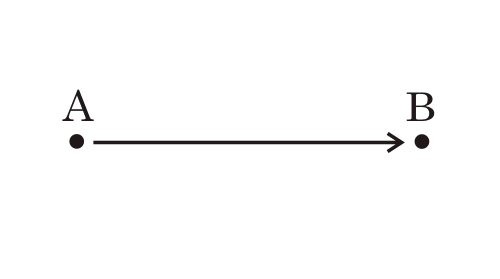|
LITR 4632: Literature of the Future  |
Student Midterms 2011: Sample Essay 2
|
 |
April Bucy
It Keeps Going, and Going, and Going…
Social inequality is a concept that in Literature of the future seemingly
transcends the boundaries of time and space. Evidence of the unequal balances of
power are seen in every subgenre of science fiction regardless of its
classification. When one identifies, describes or attempts to criticize typical
visions and scenarios of the future (objective 2 according to our course
syllabus) it would be especially difficult to find one absent of a social
inequality of one variety or another.
Big
corporations provide one type of social inequality by essentially creating an
“us” and an “everybody else.” In Parable
of the Sower, it seems survival as well as personal protection is necessary
from the drug induced miscreants of the novel, regardless of your social
stature. In fact, it could be argued that the beginning of Parable offers
glimpses of a society where the initial defining elements of social inequality
are void until the big bad corporation, Olivar enters the novel. Olivar provides
life’s necessities such as food, water, safety and security all for the price of
an apparent indentured servitude. Parable is not the only story where these big
bad corporations control certain aspects of society,
Stone Lives in built on the
foundations that money makes the world go round. Stone, for example, has spent
most of his adult life in the seething, grotesque Bungle where everyday is an
effort until he encounters June and later Alice ,representatives of Citirine,
one of the major corporations that control the United States. “If Stone has any
pride left, after enduring what he has endured, it is his pride in surviving.”
Stone is provided an alternative future by succumbing to the desires of Citirine
and giving up the person he once was. In
Mozart in Mirrorshades by Bruce
Sterling and Lewis Shiner, the major corporations condone the disruption of the
past in order to provide oil and other endangered natural resources of the
future.
In
the majority of science fiction stories, women are considered a “less than”
member of society. In fact it is not until they are forced to “unsex” themselves
and become androgynous in nature that they can be seen in positions of power
many stories.
Social Inequality is interwoven into The
Time Machine through the division of the Eloi and the Morlocks. The Eloi are
initially introduced as a superior evolution of humanity and are associated with
terms such as light and beauty. The Morlocks are considered animalistic and are
associated with terms such as dark, grotesque and cannibalistic. Throughout the
course of the novel it becomes apparent that the Eloi are considered of higher
social stature than the Morlocks, who are confined to the ground.
In
Mozart and Mirrorshades, those of
superiority are those with Green Cards that allow them to travel throughout time
while those with Grey Cards seek to obtain the infamous Green Cards. In
Somebody up There Likes Me, social
inequality is found in the existence of a society in which individuals are
present that are forced to occupy careers that provide them little or no upward
mobility (ie: an overnight drugstore clerk.)
Society is built on the concept of inequality. It is evident in our acquisition
of money, education and even in our sex.
If society were not built on the principals and existence of inequalities
it would be considered a type of utopia, but that- may be a topic for a
different essay.
 |
 |
 |